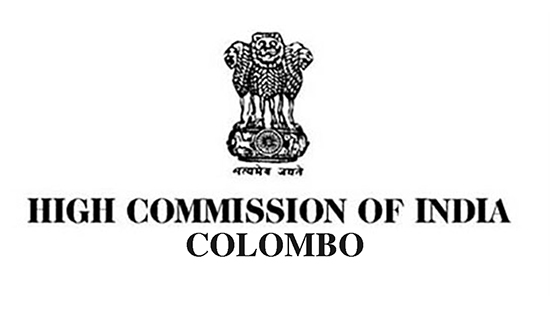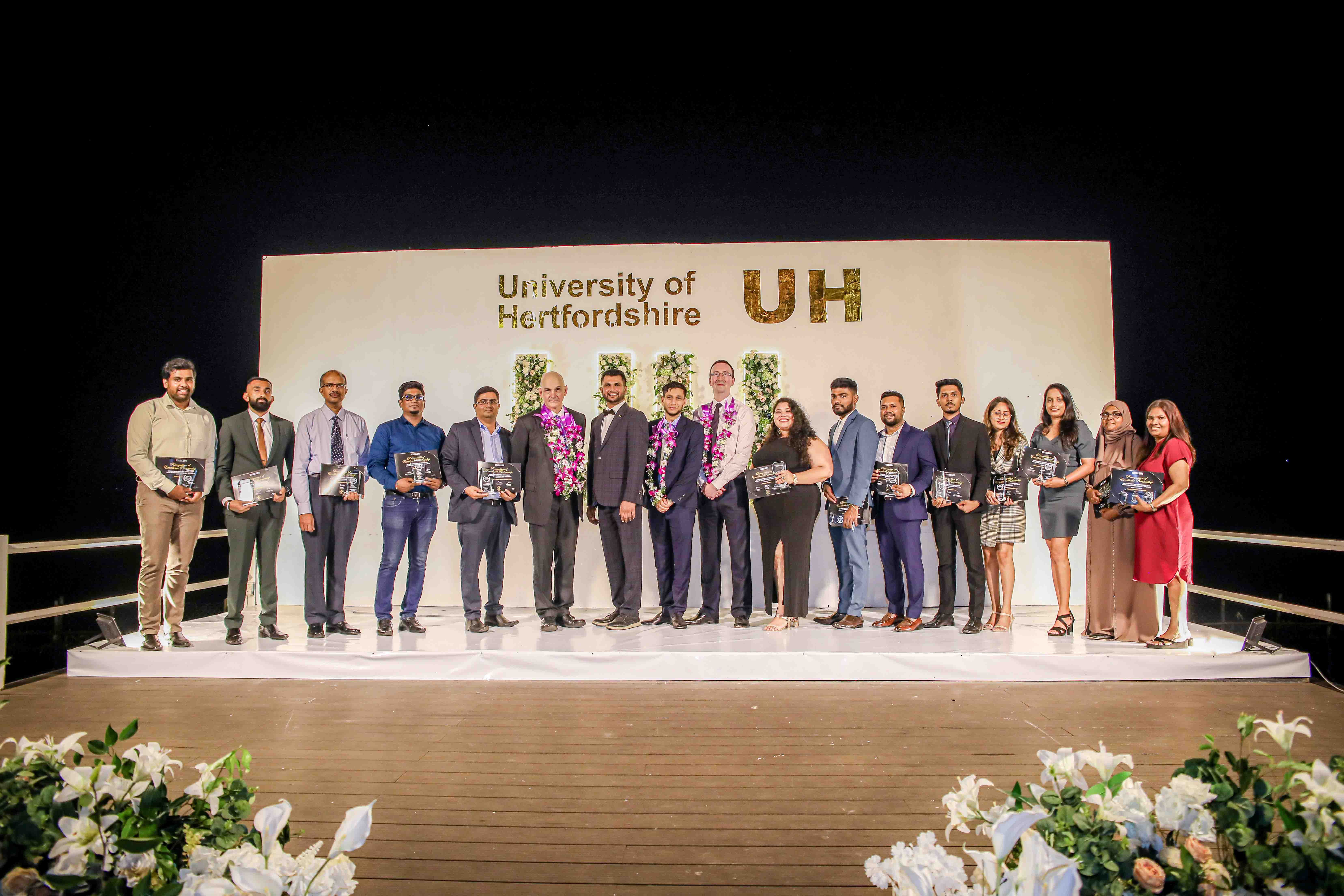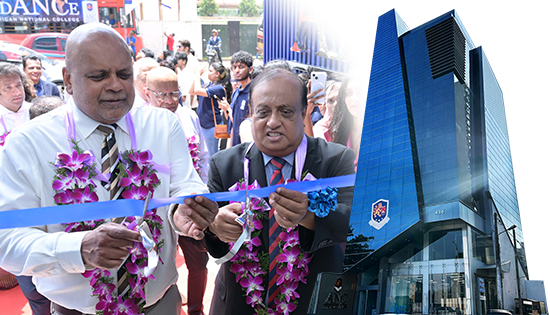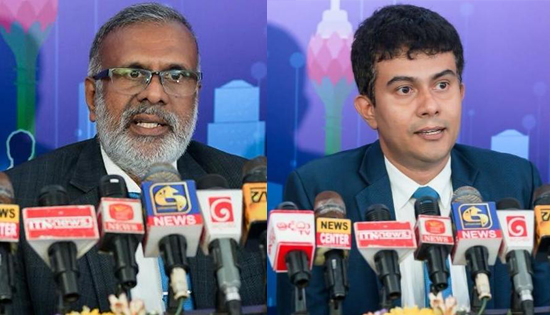Empowering Educators: Strategies for Enhancing Teacher Motivation and Expertise in Sri Lanka

Motivating teachers and enhancing their qualifications are pivotal steps in elevating the quality of education. A motivated and well-educated teaching force is essential for inspiring students and driving educational success. In the context of Sri Lanka, several strategies can be employed to achieve these goals, from refining teacher training programs to implementing a structured career and salary progression plan. Here’s a comprehensive approach to achieve these objectives.
Enhancing Teacher Qualifications and Knowledge
Continuous Professional Development (CPD): Establish a mandatory CPD program for all teachers, focusing on subject mastery, pedagogical skills, and the use of technology in teaching. This can include workshops, seminars, online courses, and peer-learning groups.
Advanced Qualifications Incentives: Encourage teachers to pursue higher education and specialized training in their subject areas or in pedagogy by offering scholarships, study leave, and tuition reimbursement. Recognize and reward the attainment of advanced qualifications with salary adjustments.
Subject-Specific Training: Organize regular, subject-specific training sessions to ensure teachers are up-to-date with the latest developments in their fields. Collaboration with universities and educational institutions can provide access to resources and experts.
Categorizing Teachers by Experience and Qualification
Establishing a Tiered System: Develop a tiered system for teachers based on their qualifications, experience, and performance. For instance, categories could range from novice teachers to master teachers, with specific criteria defined for each level.
Performance and Evaluation: Implement a comprehensive evaluation system that includes peer reviews, student feedback, and classroom observations. Use this evaluation not only for categorization but also for identifying areas for professional development.
Specialization Tracks: Create tracks for teachers to become specialists in areas such as curriculum development, special education, or educational technology. This encourages teachers to deepen their expertise and contribute to the school system in diverse ways.
Motivating Teachers Through Salary Increments and Benefits
Salary Structure Based on Categorization: Align the salary structure with the tiered categorization system, ensuring that increments reflect qualifications, experience, and contributions to the educational community. This provides a clear pathway for career and salary progression.
Performance-Based Bonuses: Introduce performance-based bonuses to reward outstanding teaching, innovative practices, and contributions that go beyond the classroom, such as community engagement or professional development initiatives.
Additional Benefits: Consider non-monetary benefits such as housing allowances, health insurance, and retirement benefits. Also, provide opportunities for international exposure through exchange programs or attendance at international conferences, which can be highly motivating.
Ensuring Equity and Fairness
Transparent Criteria: Ensure that the criteria for categorization, salary increments, and promotions are transparent, fair, and based on merit. This helps in maintaining trust and motivation among teachers.
Regular Review: Regularly review and adjust the salary scales and benefits to reflect changes in the cost of living and to remain competitive with other professions. This helps in retaining high-quality teachers.
Stakeholder Engagement: Engage teachers in the design and implementation of these systems through their representatives or unions. This ensures that the system meets their needs and addresses their concerns.
Motivating teachers and fine-tuning their qualifications are not just about financial incentives; it’s about creating a supportive environment that values continuous learning, recognizes excellence, and provides opportunities for professional growth. By implementing a structured approach to professional development, categorization, and compensation, Sri Lanka can ensure that its teachers are well-equipped, motivated, and recognized for their crucial role in shaping the future of the nation’s students. This, in turn, lays the foundation for a robust, dynamic education system that is capable of meeting the challenges of the 21st century.
- SW – Suggestion by Team EduWire to Make a Better Tomorrow
Related News
Commanding Respect, Not Fear: The Modern Leader’s Approach to Team Management
Influence, vision and the capacity to lead a group of people toward shared objectives are more important components of effective leadership than…
Read MoreRedefining Education: ANC Launches Futuristic Academic Hub in the Heart of Colombo
A Bold Leap into the Future of Higher Education April 21st, 2025 – ANC Education, Sri Lanka’s pioneering private higher education provider…
Read MoreA Vision Beyond Limits: The Inspiring Educational Journey of Deshamanya Dr. Nilu Anandappa”
Dr. Nilu Anandappa In a world where education often revolves around rigid systems and exam scores, few educators rise as true pioneers…
Read MoreCSSL Announces NITC 2025: Shaping Sri Lanka’s Digital Future with Society 5.0
The Computer Society of Sri Lanka (CSSL) proudly announced the 43rd edition of the National IT Conference (NITC) 2025, the country’s premier…
Read MoreApply Now: French Embassy Research Scholarships 2025 Open for Applications
The French Embassy in Sri Lanka and the Maldives is proud to announce the opening of its annual call for applications to…
Read MoreCourses
-

IMC – Bachelor of Psychology
IMC Education Overview IMC Campus in partnership with Lincoln University College (LUC) Malaysia offers Bachelor of Psychology Degree right here in Sri… -

ANC – BA (Hons) International Business Management (Top-Up)
ANC Education Overview Designed in partnership with public and private business organizations, this program develops one’s ability to critically evaluate business models… -

IIT – BSc (Hons) Computer Science
IIT Campus Overview BSc (Hons) Computer Science provides a solid foundation and training regarding the fundamentals of the computer science field, along… -

APIIT – BSc (Hons) Cyber Security
APIIT Sri Lanka Overview Our BSc (Hons) Cyber Security award is designed to launch your future career in the protection of software… -

ICBS – BSC (Hons) Business Management with Marketing Management
ICBS Overview The BSc (Hons) Business Management with Marketing program, awarded by Queen Margaret University (QMU), is a highly regarded degree that… -

UTS – Diploma of Science
UTS College Sri Lanka Overview The Diploma of Science is designed to empower you to apply scientific thinking and analysis to important… -

CSA – Master of Architecture and Environmental Design
City School of Architecture Overview The Master of Architecture and Environmental Design Degree at CSA is awarded by the University of the… -

APIIT – BSc (Hons) International Business Management
APIIT Sri Lanka Overview Increasingly businesses are becoming more and more international. This requires business management professionals to have knowledge, skills and… -

IIT – BSc (Hons) Artificial Intelligence And Data Science
IIT Campus Overview The BSc (Hons) Artificial Intelligence and Data Science course is awarded by Robert Gordon University (RGU) in the UK… -

ICBS – International Degree Foundation in Business / IT
ICBS Overview The Scottish Qualification Authority (SQA) is a globally recognized organization dedicated to education and qualification development. SQA is responsible for… -

APIIT – BA (Hons) Finance and Business Enterprise
APIIT Sri Lanka Overview Finance and accounting are no longer just about taxation and the management of financial capital. This award will… -

APIIT – MBA General
APIIT Sri Lanka Overview The MBA is awarded by Staffordshire University, UK. This award is an advanced course of study in management… -

ANC – LLM in International Business & Commercial Law
ANC Education Overview This course is designed for graduates of law, business and finance in a legal or a corporate job role… -

AOD – BA (Hons) Fashion Design and Marketing
Academy of Design Overview The syllabus is from the UK’s Northumbria University, as one of their most revered flagship programmes and is… -

APIIT – MSc. Marketing Management
APIIT Sri Lanka Overview This MSc Marketing Management degree – awarded by Staffordshire University, UK is an advanced course of study in…
Newswire
-

Schoolboy assaulted to death : Update from Police
ON: April 24, 2025 -

New directive for Police on helmet users
ON: April 24, 2025 -

LG polls : Postal voting begins
ON: April 24, 2025 -

Rain expected in several provinces today
ON: April 24, 2025











